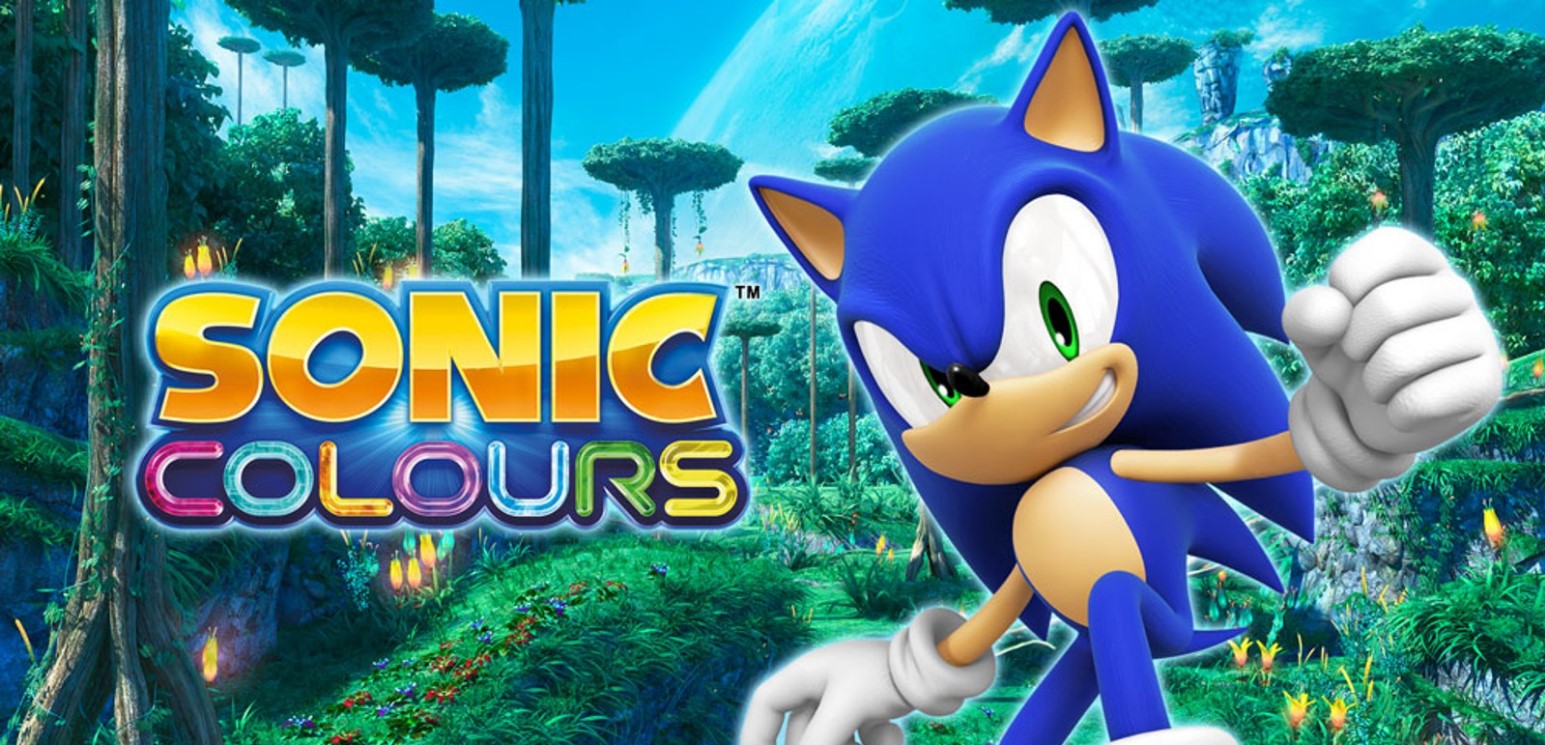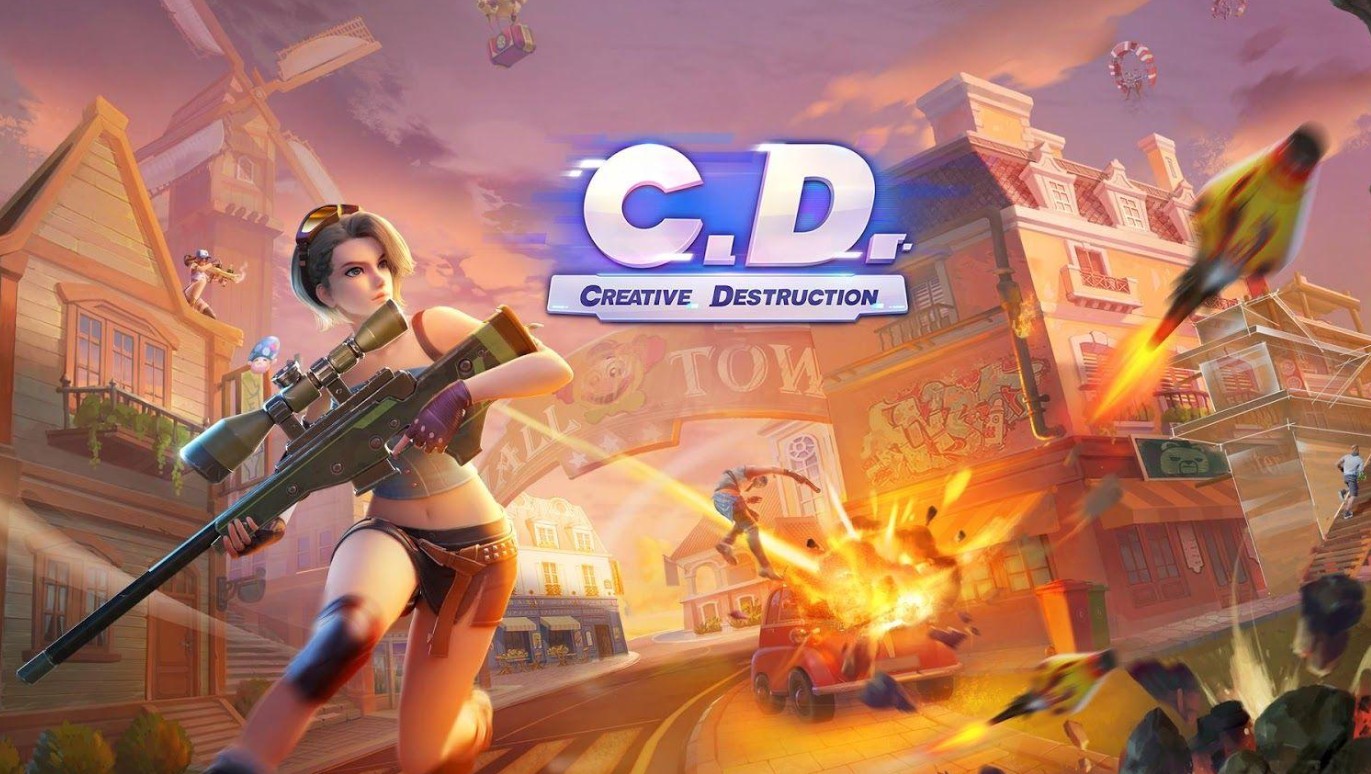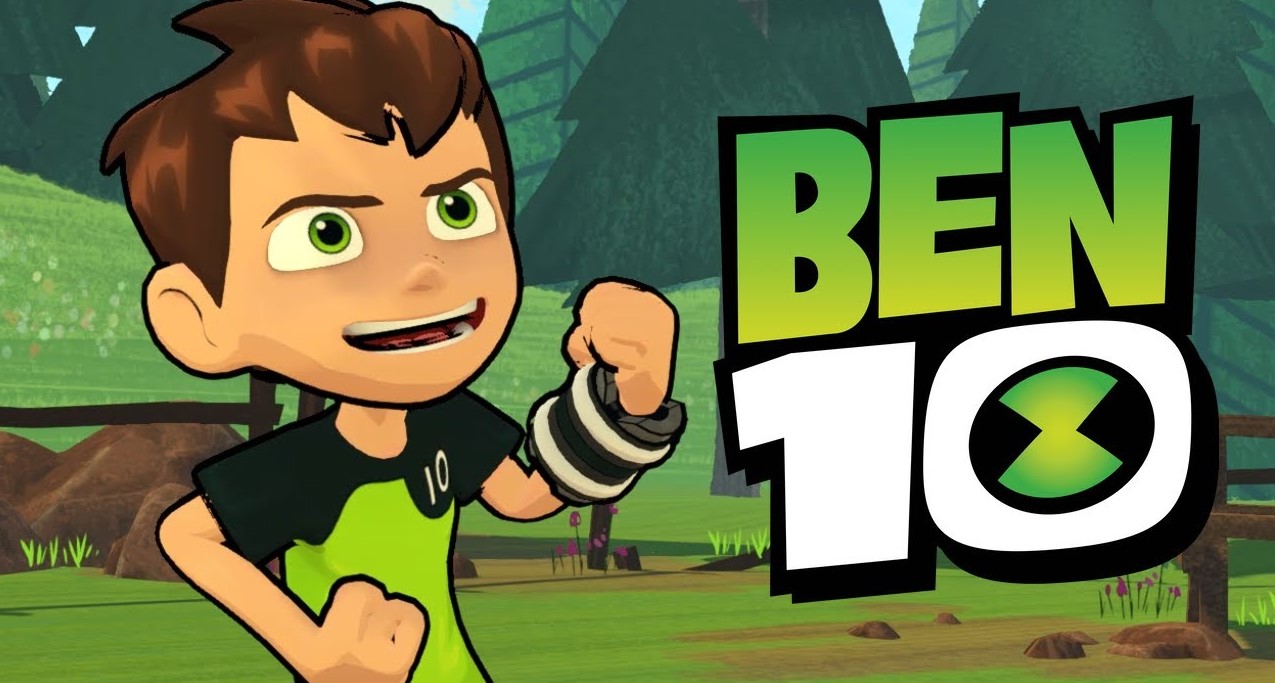This is a darkly humorous adventure game developed by Con Man Games. It combines exploration, puzzle-solving, and quirky social interactions within a school environment, offering players a unique blend of comedy and mystery.
In Kindergarten, players navigate the chaotic world of a primary school, interacting with classmates and teachers while uncovering secrets and completing tasks.
The game’s branching storylines and multiple endings make each playthrough different and engaging. With its colorful yet slightly twisted art style and offbeat humor, Kindergarten appeals to fans of unconventional narrative-driven games.
Development and Release of Kindergarten
Kindergarten was developed by Con Man Games and initially released in 2018. The game quickly gained popularity for its unique approach to school life, blending humor, mystery, and dark themes. Players were drawn to its open-ended gameplay and multiple endings based on player choices.
Con Man Games focused on crafting a world filled with eccentric characters, clever puzzles, and hidden secrets, ensuring that players remain engaged throughout their exploration.
While, had a blast with this game? Keep the good times rolling by stepping into Octodad—another thrilling journey awaits.
Storyline and Setting of Game
Kindergarten places players in the shoes of a student navigating a bizarre and unpredictable school. The school is filled with mischievous classmates, quirky teachers, and hidden challenges.
Players must explore classrooms, hallways, and playgrounds to gather clues and complete tasks, all while making choices that influence character relationships and story outcomes. The narrative blends school-life scenarios with unexpected twists, combining comedy, mystery, and strategy in a unique gaming experience.
Game Modes in Kindergarten
Kindergarten offers a single-player experience with various ways to approach the game:
- Main Story Mode: Explore the school, interact with characters, and uncover secrets while completing tasks.
- Exploration Mode: Thoroughly search the school for hidden items and clues that influence the story.
- Puzzle Challenges: Solve integrated puzzles and mini-games to progress through the storyline.
Gameplay Mechanics of Kindergarten
Kindergarten combines exploration, social interaction, and puzzle-solving mechanics:
- Interactive Environments: Examine and interact with objects to uncover important clues.
- Character Relationships: Choices and dialogues affect friendships, rivalries, and story outcomes.
- Inventory System: Collect and use items to solve puzzles or influence events.
- Multiple Endings: Player decisions lead to different endings, encouraging replayability.
Beginner Tips and Tricks
For newcomers to Kindergarten, these tips can help:
- Explore Everything: Every classroom and object can contain important clues or items.
- Listen Carefully: Dialogue often contains hints essential for solving puzzles.
- Take Notes: Track objectives and character interactions to keep the story on course.
- Experiment: Different choices can unlock unique secrets and outcomes.
Important Features of Kindergarten Game
Kindergarten offers a bizarre and entertaining mix of humor, mystery, and decision-making, turning a normal school day into an unpredictable adventure.
1. Humorous and Dark Storyline
At first glance, the game appears to be about a regular school day, but it quickly reveals its twisted humor. Ordinary activities such as recess, lunch, and class are turned upside down with shocking and comedic events.
The mix of innocence and dark comedy makes the narrative both unsettling and hilarious. Unexpected twists keep players on edge throughout the day. This unique blend ensures the story is as memorable as it is strange.
2. Branching Storylines
Player choices shape the direction of the story, unlocking different paths and outcomes. From making friends to uncovering dark secrets, each decision has consequences. Multiple endings add depth, encouraging players to experiment with different strategies.
Also, looking for more excitement after Kindergarten? Step into Winter Memories for a similar journey filled with new thrills and challenges.
The branching narrative makes every playthrough feel unique. Replayability is high, as players will want to discover all possible outcomes.
3. Interactive Puzzles
Puzzles are cleverly tied into the school environment, requiring players to think creatively. Solving challenges often involves interacting with classmates, teachers, or items in unexpected ways.
These puzzles blend seamlessly with the storyline, ensuring progress feels natural. They test observation and problem-solving skills without breaking immersion. Each puzzle keeps players invested in both gameplay and story.
4. Unique Art Style
The game’s visuals use bright, colorful artwork that contrasts with the dark subject matter. Characters appear cartoonish and lighthearted, but their exaggerated designs hint at the game’s twisted undertone.
This playful-yet-creepy aesthetic makes the world feel unsettling and distinctive. The art style enhances both the humor and the tension. It ensures the game stands out visually as well as narratively.
5. Dynamic Character Interactions
Every action and dialogue choice influences how other characters respond. Relationships can change drastically depending on decisions, altering the flow of events. This dynamic system makes the school feel alive and reactive.
Players must carefully consider how they interact with classmates and teachers. These interactions make the gameplay highly immersive and unpredictable.
Advanced Gameplay Techniques
To get the most out of Kindergarten, consider these strategies:
- Plan Interactions: Approach classmates and teachers thoughtfully to maximize results.
- Use Items Strategically: Objects may solve puzzles or unlock special story paths.
- Replay for Secrets: Multiple endings encourage trying different choices in new playthroughs.
- Observe Patterns: Characters follow routines that can help complete objectives efficiently.
Why Kindergarten Stands Out
Kindergarten stands out for its unique mix of dark humor, puzzle-solving, and player-driven storytelling. The branching narratives, quirky school setting, and inventive puzzles make the game both challenging and entertaining.
Players are immersed in a world where choices matter, secrets abound, and each playthrough offers new experiences, making Kindergarten a memorable indie adventure.
System Requirements
To enjoy Kindergarten on PC, ensure your system meets these minimum requirements:
- OS: Windows 7/8/10
- Processor: 2.0 GHz
- Memory: 2 GB RAM
- Graphics: 512 MB video memory
- Storage: 200 MB available space
Kindergarten delivers a humorous, mysterious, and interactive school adventure that captivates players who enjoy narrative-driven games with puzzles, secrets, and multiple endings.






Leave a Reply